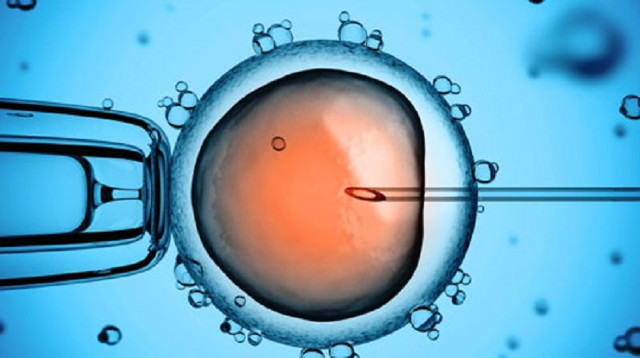In vitro fertilization has a high risk of congenital heart disease
A recent study found that IVF infants had an increased risk of congenital heart disease.
Analysis of published studies showed that 45% of the risk of congenital heart defects in newborns when pregnant women in vitro fertilization (IVF) or injections of intracytoplasmic sperm (ICSI) compared to normal babies.

The analysis included 8 studies with 25,856 children taken from IVF techniques and a total of 2289 with congenital heart defects.
Congenital heart defects were found in IVF / ICSI group at 1.30% and 0.68% respectively.
The main author of the study, Paolo Cavoretto, said: "We believe that IVF pregnancy or ICSI technology may increase the risk of cardiovascular disease as a result of early placental dysfunction; This theory needs to be demonstrated in other future studies ".
This study appears in the Journal of Obstetrics and Gynecology.
See more:
- The fruits are considered "medicinal herbs" in the US but are wasted by Vietnamese people
- 8 strange and incredible diseases in real life "step out" from the movie
- The 5 most rare diseases in the world turn ordinary people into 'superheroes'
You should read it
- ★ Obese patients are less likely to die after heart surgery than normal people
- ★ Soaking rice overnight can reduce the risk of heart disease and cancer
- ★ Artificial intelligence system can diagnose heart disease, cancer early
- ★ Patching heart defects with new biological materials
- ★ Artificial intelligence now helps to detect osteoporosis and coronary heart disease